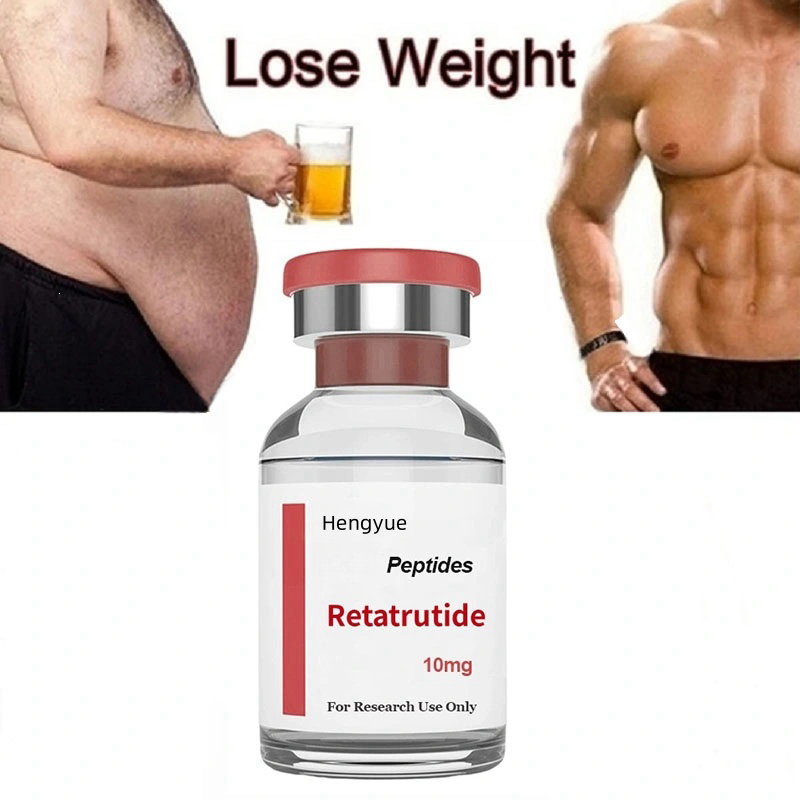-
Categories
-
Pharmaceutical Intermediates
-
Active Pharmaceutical Ingredients
-
Food Additives
- Industrial Coatings
- Agrochemicals
- Dyes and Pigments
- Surfactant
- Flavors and Fragrances
- Chemical Reagents
- Catalyst and Auxiliary
- Natural Products
- Inorganic Chemistry
-
Organic Chemistry
-
Biochemical Engineering
- Analytical Chemistry
-
Cosmetic Ingredient
- Water Treatment Chemical
-
Pharmaceutical Intermediates
Promotion
ECHEMI Mall
Wholesale
Weekly Price
Exhibition
News
-
Trade Service
On October 22, Roche announced that the US FDA has approved Susvimo™ (Ranibizumab injection) for intravitreal treatment of neovascularization or wet age-related angiogenesis that has previously responded to at least two anti-vascular endothelial growth factor (VEGF) injections.
Patients with sexual macular degeneration (nAMD)
.
It is worth noting that this therapy delivers drugs to the eyes through refillable ocular implants.
It only needs to be administered once every six months to help patients with nAMD maintain vision , and can replace the previous monthly eye of ranibizumab.
Partial injection, greatly improving convenience
.
From: Roche official website
Neovascular AMD is a potentially blinding disease that requires eye injections once a month
.
The disease affects approximately 20 million people worldwide and is the main cause of blindness in people over 60 years of age
Ranibizumab is a vascular endothelial growth factor (VEGF) inhibitor designed to bind to and inhibit VEGF-A, a protein that has been shown to play a key role in the formation of new blood vessels and vascular leakage
.
Ranibizumab is the first alternative to standard intraocular injection to treat wet AMD in 15 years
Susvimo implants a graft that can be regularly supplemented with drugs in the eyes of patients.
It can continuously release the anti-VEGF antibody ranibizumab for several months, potentially reducing the burden of treatment associated with frequent eye injections and increasing The effect is durable
.
The approval is based on the positive results of the Phase III Archway study
.
Archway (NCT03677934) is a randomized, multicenter, open-label phase III study that included 415 patients
In the Archway study, Susvimo was generally well tolerated and had good return and risk characteristics
.
However, compared with monthly intravitreal injections of ranibizumab, the incidence of endophthalmitis with Susvimo implants was three times higher, and 2.
According to Roche’s press release, Roche will also urgently need to conduct long-term safety and efficacy studies (Potal study), and evaluate the efficacy of Susvimo in patients with diabetic macular edema (DME) in the Pagoda study and in the Pavilion study.
Diabetic retinopathy in the case of DME
.
The Velodrome study is expected to further extend the interval between Susvimo dosing and is evaluating the effect of supplementing Susvimo every 9 months in maintaining vision
In addition to this approved indication, the FDA is also reviewing Faricimab for the treatment of diabetic retinopathy
.
Outside the United States, Roche has also submitted a marketing application for Susvimo for the treatment of nAMD to the European Medicines Agency (EMA)







